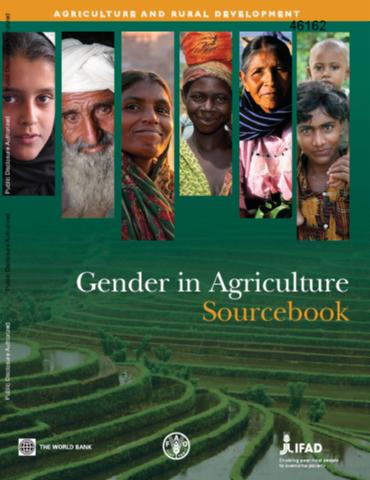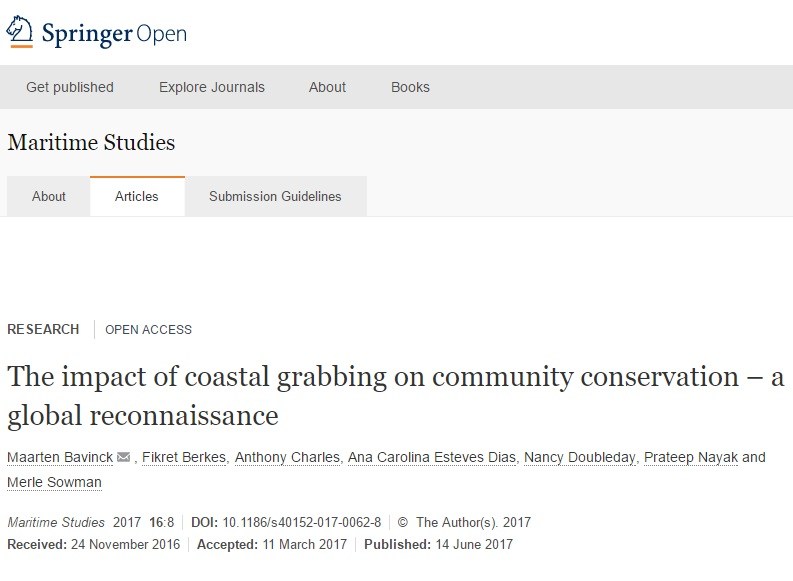Gender in Agriculture Sourcebook
Three out of every four poor people in developing countries live in rural areas, and most of them depend directly or indirectly on agriculture for their livelihoods. In many parts of the world, women are the main farmers or producers, but their roles remain largely unrecognized. The 2008 World development report: agriculture for development highlights the vital role of agriculture in sustainable development and its importance in achieving the millennium development goal of halving by 2015 the share of people suffering from extreme poverty and hunger.






